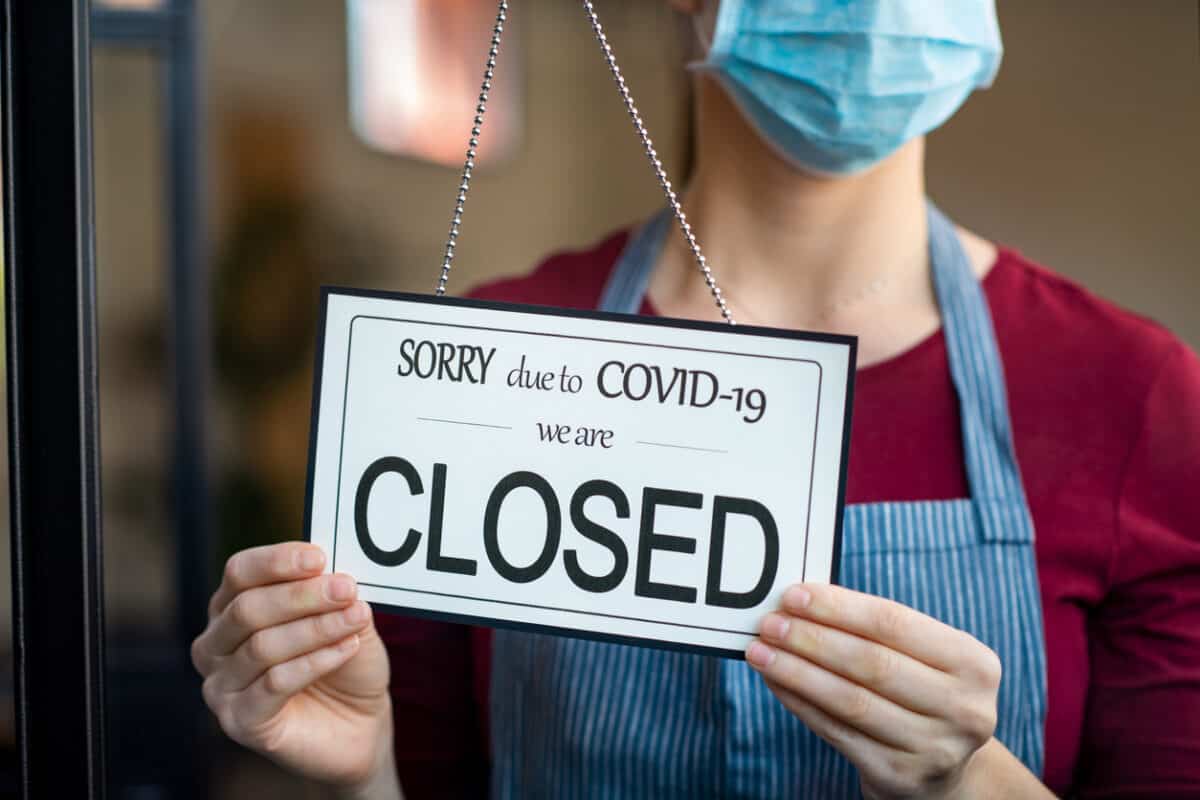On April 16 2021, the Guardian newspaper included letters from two clinical psychologists (paywalled) that contradict each other on the reality of COVID-19-related mental health. Dr Lucy Johnstone wrote that it was essential that society builds itself to be better post-COVID-19 and that:
“The “mental health pandemic” trope simply does not fit the evidence. Yes, some people have suffered greatly, but the overall picture is of a population that is largely resilient, although understandably bored, lonely and frustrated at times.”
and
“It should surprise no one that people with more to be depressed and anxious about are feeling more depressed and anxious. Reframing understandable responses to difficult life circumstances as “mental illness” plays into professional interests and political denial.”
Dr Annie Hickox wrote that:
“…The crisis is further downplayed by claims that people are simply experiencing normal responses to distress which should not be pathologised as mental illness.
Unfortunately, the facts point to a far more serious message. Mental health clinicians have seen a significant increase in relapse and new cases over the past year, as well as a building swell of first episodes of PTSD, anxiety and depression….”
Both perspectives can be right depending on the pre-COVID-19 reference points chosen. There is no doubt that the mental wellbeing sector benefits financially from the blurring of “difficult ‘life circumstances’ as mental illness”. Many mental health advisers to the government continue to lead, or be associated with, companies that benefit directly from government grants.
The mental health sector is best described as “murky”. That murkiness is flowing onto the occupational health and safety (OHS) sector as the prevention and management of work-related psychological hazards increasingly comes under the OHS umbrella. OHS can reduce the lack of clarity by focussing on diagnosed mental health conditions. Diagnosis places mental health disorders into a more orderly and (yes) traditional process, but it also clarifies what is meant by “difficult life circumstances” – those hard experiences that can be managed through social, familial and occupational mechanisms.
Johnstone’s and Hickox’s brief letters illustrate a process that OHS professionals and employers need to address when determining the workplace culture they want and need to have. It is not likely to be an either/or choice. Each workplace will need a blend of the two perspectives to meet the needs of their workers and of the health and safety Regulators. Perhaps of most help would be to de-murk the discussion. Consultation and active and respectful listening to the fore again.

